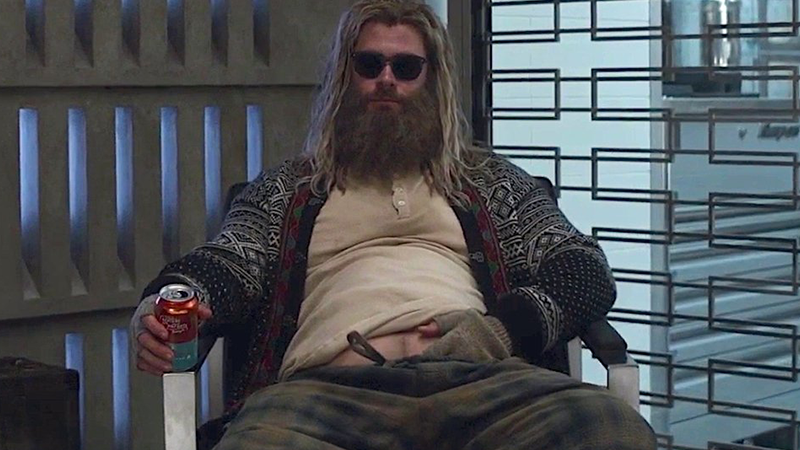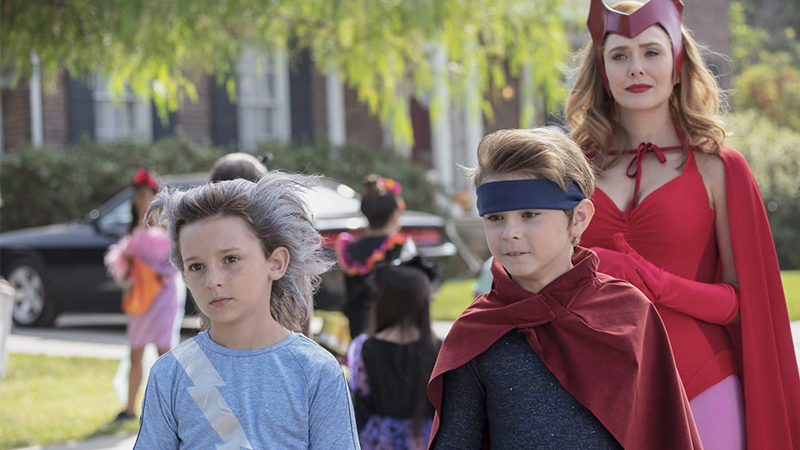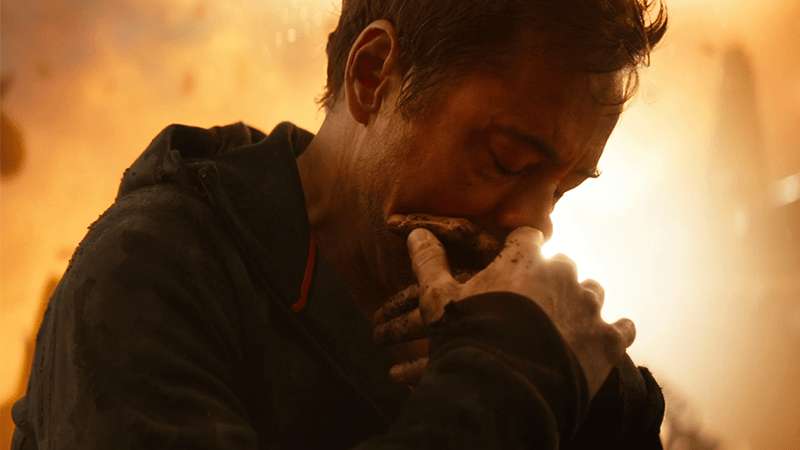The MCU is, without a doubt, the biggest film franchise in the world at the moment. This means that its projects are pieces of pop culture that many people are exposed to, and it’s often the case that whatever stories it tells tend to become part of the cultural conversation. This is why when the franchise takes on topics of a more serious nature, the way that they are portrayed matters.
Mental health has become one of the biggest themes of Marvel’s Phase 4, though it’s certainly been tackled in MCU projects prior to 2021. Iron Man 3 was the first, showing the aftermath of Tony Stark’s would-be sacrifice in The Avengers and the PTSD he got from it. Tony has an anxiety attack early in the film, and the rest of the film examines his fears and worries as well.
RELATED: Interview: Doctor Strange in the Multiverse of Madness Writer Michael Waldron
Avengers: Endgame also takes the time to check in on the mental health of many of the Blip survivors, most notably Thor. The God of Thunder spirals into a depression after losing his entire family and not being able to revive the dusted population by killing Thanos but gets some of his confidence back once he realizes he is “still worthy” of wielding Mjolnir during the movie.
Now in Phase 4, projects like WandaVision, The Falcon and the Winter Soldier, Loki, and Moon Knight have taken the opportunity to examine the mindsets and mental health of their lead characters. Each does so in a different manner, from fairly standard therapy sessions to imaginary mental hospitals and “trauma tours” through the past, but all of them lead to revelations about the characters and why they are the way they are.

Perhaps it’s no coincidence that the aforementioned Phase 4 projects are all Disney+ shows. There’s simply more time to explore this stuff in the several hours of a series than the two hours of a movie. Which brings us to the common pitfall Marvel tends to hit with these kinds of themes: they show up in one project, and are just sort of dropped after that.
Iron Man 3, for instance, was the only film to directly reference Tony’s PTSD and anxiety attacks. It sets up his actions in future movies of going to great lengths to protect the Earth from further threats, but it sometimes feels like the other characters and possibly even the films themselves are vilifying him to a certain extent rather than truly acknowledging his rationale for doing these things and sympathizing with him.
The fact that Tony is killed off in Avengers: Endgame feels somewhat uncomfortable in this regard as well, as he ultimately has to die to take down the source of his trauma, even though it’s in his hands and not Thanos’. When we also consider the factor of the films (or at least, the filmmakers) sort of presenting his sacrifice as atoning for his supposed “wrongdoings” which were borne from his mental health struggles, things get even dicier.
But of course, the most recent example of this issue is WandaVision leading into the movie Doctor Strange in the Multiverse of Madness. Wanda Maximoff goes from a flawed but sympathetic and complex character who wants to bring back her lost love but inadvertently harms others in the process in the series to a raging villain in the film, with most of the nuance present in WandaVision thrown out the window in Multiverse of Madness.

Again, being a movie and not a series, Multiverse of Madness was never going to be able to explore Wanda’s grief and trauma as deeply as WandaVision. That said, going from Wanda’s sympathetic portrayal in the series to turning her into an unhinged wicked witch in the movie was jarring (yes, despite WandaVision’s brief post-credits scene featuring the Darkhold starting to corrupt her). It was not only a regression of her character, but a slap in the face to those who identified with her growth during the show.
RELATED: Doctor Strange 2 Shows That the MCU Combines With Horror Surprisingly Well
With Thor: Love and Thunder on the horizon, Marvel is going to be continuing the story of a character dealing with the repercussions of mental health issues yet again. Fortunately, based on the movie’s first teaser, it seems like this movie will actually address Thor’s Avengers: Endgame experiences head-on, with director Taika Waititi already teasing the character’s “midlife crisis”.
“Thor is just trying to figure out his purpose, trying to figure out exactly who he is and why he’s a hero or whether he should be a hero,” further saying, “I guess you could call it a midlife crisis.”
Hopefully, Love and Thunder will finally be able to do what other Marvel movies haven’t and actually continue the thread of this sort of story. Mental health in and of itself is a journey, not a step on a bigger one, and Marvel would be wise to keep that in mind with future projects.










